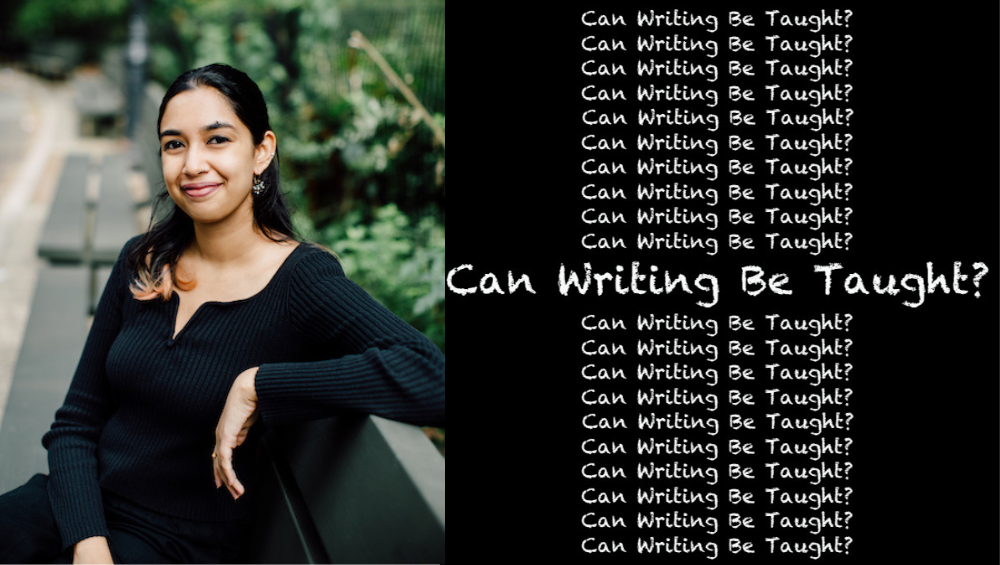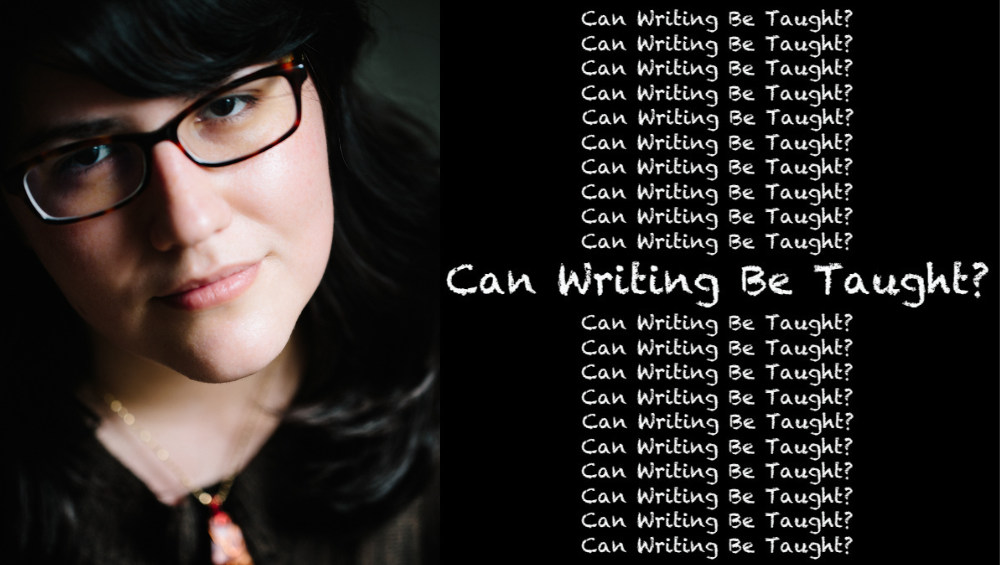interviews
Ryan Chapman Wants You to Make Peace with Failure
The author of "Riots I Have Known" answers our questions about teaching writing—and remembering that it isn't supposed to be easy

In our monthly series Can Writing Be Taught? we partner with Catapult to ask their course instructors all our burning questions about the process of teaching writing. This time, we’re talking to Ryan Chapman, author of Riots I Have Known, who’s teaching an upcoming six-week online workshop on writing in the first person. Given that his book, structured as an inmate’s written confession/prison magazine editor’s letter, was called “one of the smartest—and best—novels of the year” by NPR, we figure he knows a thing or two about writing in a character’s voice.
What’s the best thing you’ve ever gotten out of a writing class or workshop as a student?
As an annoying undergrad I asked my university president why the college didn’t offer longform creative-writing courses. (I wanted to write a novel, and I wanted course credit. Like I said: annoying.) She replied the best way to write a novel is to read them. I didn’t fully appreciate it at the time, but she was right. If you read 25-50 books a year—if you take it as seriously as the form demands—you’ll find inspiration, influence, and solutions to problems of craft.
What’s the worst thing you’ve ever gotten out of a writing class or workshop as a student?
Well, a university president said my exorbitant tuition didn’t justify a course in the one thing I wanted to learn. But spite can be a great motivator. A few years later I had a terrible manuscript to call my own.
As for worst advice, nothing too damaging comes to mind. I’m always grateful when workshops allow each writer’s particular voice to flourish, rather than consensus-seeking.
What is the lesson or piece of writing advice you return to most as an instructor?
Anne Lamott, wise in so many things, says the first draft is the just the crap in your head standing between you and the actual good writing. Getting it onto the page is part of the process.
Does everyone “have a novel in them”?
Sure. Everyone also has a painting in them, and a song, and a tapestry. We’re as creative as we believe ourselves to be. Now, is it a novel other people should read? That’s an entirely different endeavor. Always respect the reader’s time and attention. Even if that reader is just you three days from now.
Would you ever encourage a student to give up writing? Under what circumstances?
If a student is writing for themselves, they should continue despite all. By transforming their world into stories they are activating different parts of the brain and, if they’re serious, building empathy by imagining themselves into different characters.
I’m dismissive of those who don’t believe in revision. That isn’t writing. That’s ego.
If a student has their sights set on publication, I caution patience. Writing is failure. It just is. Your first draft might be miles from where it needs to be, and that’s humbling. But in that humbling is growth, and, eventually, improvement.
This is why I’m suspicious of writers who l-o-v-e their first drafts, and I’m dismissive of those who don’t believe in revision. That isn’t writing. That’s ego. In that circumstance I would say the writer should take a break from their project and return in six months. If they still can’t see how their first draft can improve, give up.
What’s more valuable in a workshop, praise or criticism?
When I’m engaging with the writer’s work my feedback has elements of both. Pure praise feels good in the moment, but it doesn’t teach anything. And pure criticism discourages one or is rejected out of hand.
I’m always asking, What is the work saying, and how can we work together to better articulate that? It might be a craft exercise, the old “Cut 25 words from every page” routine, or a recommended story or novel.
Should students write with publication in mind? Why or why not?
This would depend on the project. If you’re a dedicated reader of thrillers writing your own, it’s useful to understand the parameters of the genre and what works in the marketplace. If your aim is literary fiction, publication is far more capricious and has no reflection on the worth of your accomplishment. To borrow Rosecrans Baldwin’s metaphor, your goal should be creating a novel that breathes the oxygen of its own environment.
In one or two sentences, what’s your opinion of these writing maxims?
- Kill your darlings: Too true. If you can’t do this, you’re not respecting the reader.
- Show don’t tell: Useful advice when you’re just starting out. Less so later.
- Write what you know: Terrible and inevitable. One should write fiction to discover the world, and to discover themselves.
- Character is plot: I resisted this far too long, but it’s true. Once you know your characters—really know them, as if they were your closest friends—the plot mechanics start to better align.
What’s the best hobby for writers?
Take long walks. Swim. Anything that puts your body into a physical flow. This allows the subconscious to deliver the flashbulb ideas it’s been hiding.
What’s the best workshop snack?
Nuts. They feel filling without requiring much energy to digest. (I get downright sleepy if I have a doughnut.)








